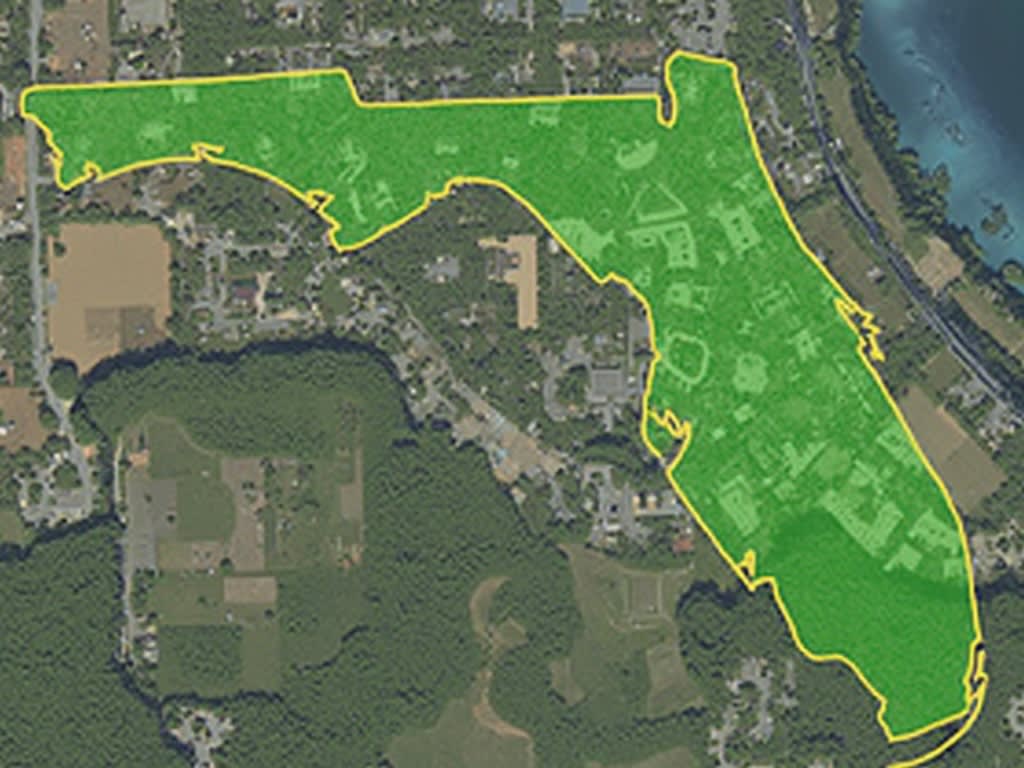Selling land to developers in Florida demands precise focus on valuable property attributes, solid documentation, and strategic market positioning. Location and adaptable zoning play vital roles in capturing qualified buyers’ attention. I find that successful land sales depend on extensive groundwork, including verified property titles, environmental studies, and compelling presentation materials that emphasize development opportunities.
Key Takeaways:
- Land situated within 5 miles of commercial hubs and major roadways consistently draws higher developer bids
- Verified property titles, up-to-date land surveys, and environmental assessments form the essential documentation package
- Properties with versatile zoning options and ready utility connections hold superior appeal for developers
- Partnering with skilled real estate agents who maintain strong developer networks speeds up the sales cycle
- Building competitive tension through multiple offers while demanding financial verification and specific timelines maximizes sale value
What Developers Want: Understanding the Florida Land Market
Location Factors That Drive Developer Interest
Florida developers prioritize properties with direct access to major roadways, established school districts, and growing commercial centers. Properties within a 5-mile radius of shopping centers and business districts typically command premium offers. Your land’s potential value increases significantly when it sits near planned infrastructure improvements or upcoming commercial developments.
Technical Requirements and Zoning Considerations
Developers look closely at these essential property features:
- Access to public utilities like water and electricity
- Existing or planned sewer connections
- Current zoning classifications
- Soil quality and environmental assessments
- Flood zone status
- Property dimensions and shape
I’ve found that land with flexible zoning designations attracts more developer interest, as it allows for various development types. Mixed-use zoning particularly appeals to developers since it enables both residential and commercial projects. Properties with existing utility connections can save developers substantial costs, often resulting in higher purchase offers.
The presence of wetlands, protected species, or environmental restrictions can impact development potential. Smart developers conduct thorough due diligence on these factors before making offers. Properties that require minimal environmental mitigation often receive faster, more competitive bids.
Flat, regularly shaped parcels typically attract more interest than irregular lots, as they maximize buildable area and reduce construction complexity. Corner lots and properties with multiple access points also rank high on developer wish lists.

Preparing Your Property for Developer Interest
Legal and Technical Preparation
A clear property title stands as your first priority before marketing to developers. I recommend conducting a title search and addressing any liens or encumbrances immediately. Zoning compliance checks help identify potential development restrictions or required changes. Consider ordering a Land Use Study, which details soil conditions, wetland boundaries, and utility access points.
Physical Property Enhancement
Making your land accessible and presentable can boost developer interest significantly. Here’s what needs attention:
- Clear overgrown vegetation from entry points and property lines
- Create temporary access roads if needed
- Remove any abandoned structures or debris
- Install property corner markers
- Take professional aerial and ground-level photos in optimal lighting
- Develop detailed property maps showing utilities and topography
Professional presentation materials make your property stand out. A comprehensive site feasibility report paired with high-quality visuals demonstrates that you’ve done the groundwork developers need to make informed decisions.

Working with Real Estate Professionals
Leveraging Agent Expertise
Real estate agents with developer sales experience bring specific advantages to land transactions. I recommend partnering with agents who maintain active relationships with local developers and understand their specific buying criteria. These professionals track market trends daily and can spot development opportunities that match your property’s potential.
Your agent should demonstrate proven success in:
- Analyzing local zoning laws and development regulations
- Creating accurate property valuations based on developer demand
- Building connections with city planners and zoning officials
- Marketing land specifically to qualified developers
- Negotiating terms that protect seller interests
A skilled agent’s network often includes direct lines to development companies, city departments, and other key players in land deals. This network can speed up the sale process and help secure better terms. Through their existing relationships, agents can identify which developers are actively buying in your area and what they’re willing to pay.
Professional guidance becomes particularly valuable during pricing discussions. Experienced agents understand how developers calculate land values based on potential return on investment. They’ll help you set a price that reflects both current market conditions and future development potential. By combining market knowledge with negotiation skills, the right agent can maximize your property’s sale price while managing the complex aspects of developer transactions.
Essential Documentation for Developer Sales
Required Documentation Package
I recommend preparing these crucial documents before approaching developers about your Florida land sale:
- Clear Title: A title search report from a licensed title company proves you have legal ownership rights and shows any liens, easements, or encumbrances affecting the property
- Current Land Survey: A certified boundary survey completed within the last 12 months that maps property lines, access points, utilities, structures, and topographical features
- Zoning Documentation: Official paperwork from your local planning department confirming current zoning classification and permitted uses
- Property Tax Records: Complete tax payment history for the past 3 years, including current assessed value and any special assessments
- Environmental Reports: Recent environmental site assessments checking for wetlands, protected species, soil contamination, or other ecological factors that could impact development
Getting these documents ready early speeds up the sales process and makes your property more appealing to developers. Having organized paperwork signals you’re a serious seller who understands what developers need to evaluate land opportunities. This documentation helps developers quickly assess the property’s development potential and reduces their due diligence time. I suggest storing digital copies of everything in an organized folder you can easily share with interested parties.

Negotiating with Developers
Key Negotiation Strategies
I recommend starting negotiations by understanding what developers want from your property. Your negotiating power increases when you know their plans and timeline. Stay open to different deal structures – some developers might offer profit sharing instead of a straight purchase.
Here’s what to focus on during negotiations:
- Ask for proof of funds and development experience upfront
- Request a detailed timeline for due diligence and closing
- Consider negotiating contingencies that protect your interests
- Set clear deadlines for responses and documentation
- Push for a higher earnest money deposit to show commitment
- Keep communication channels open with multiple developers
Remember to maintain leverage by entertaining several offers simultaneously. Don’t feel pressured to accept the first proposal. A savvy approach includes being firm on your key terms while showing flexibility on less critical points. Good negotiations often result in both parties feeling satisfied with the outcome.
Avoiding Common Pitfalls in Developer Sales
Legal Requirements and Risk Management
I’ll help you skip the most frequent legal obstacles in developer land sales. A skilled legal advisor should review all contracts before you sign. They’ll check for potential zoning restrictions, environmental regulations, and property liens that could derail your sale.
Florida’s wetland protection laws are particularly strict, making environmental surveys crucial. Your land must comply with local development codes and density requirements. According to the Florida Department of Environmental Protection, wetland assessments can take 30-90 days to complete.
Due Diligence Steps
Here are the essential steps to protect your interests during the sale:
- Get a professional property survey to confirm boundaries and identify easements
- Complete an environmental assessment to identify protected species or wetlands
- Order a title search to reveal any liens or encumbrances
- Document all improvements and development work already completed
- Request proof of the developer’s financial capability to complete the project
- Secure written verification of current zoning and future land use designations
The surveyors will need 2-4 weeks for a complete assessment. I recommend starting this process early, as delays in due diligence are the top reason developer sales fall through. Having these documents ready shows buyers you’re serious and speeds up the transaction.

